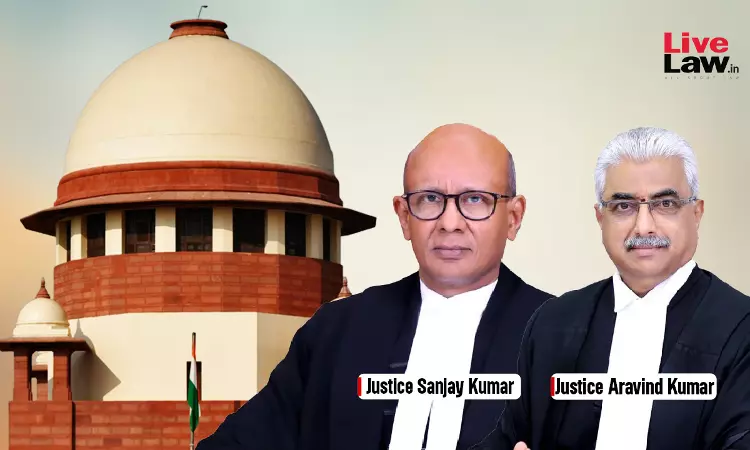Can't Convict One Accused & Acquit Another When Similar Evidence Was Pitted Against Them : Supreme Court
Yash Mittal
24 Sept 2024 10:55 AM IST

Next Story
24 Sept 2024 10:55 AM IST
The Supreme Court held that the court cannot convict one accused and acquit another when similar or identical evidence is pitted against two accused persons. While holding so, the Court acquitted the accused/appellant after finding that other co-accused who were charged for similar offences had been acquitted of all the charges and no appeal had been filed challenging their...
